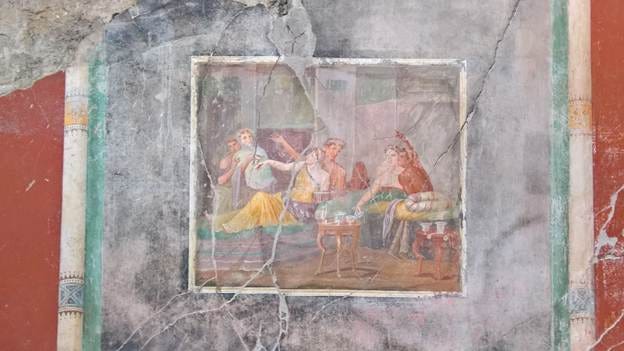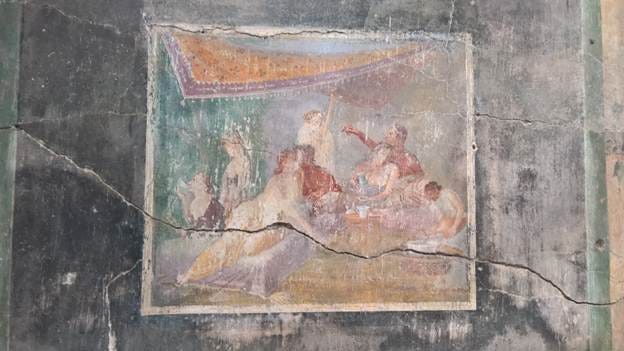The original version of this post appeared on LinkedIn back in February 2023, but the story came back to mind a few days ago. It’s one I’ve told regularly, and it’s time for it to get another outing now.
Back when I wrote the first version of this tale, it came about because we were having a little natter in an interpreting booth while waiting for a job to start, which ended up being a conversation about difficult words and turns of phrase, and how to interpret them (it’s a frequent subject and, incidentally, shows how often people working with language think about something which a computer would usually decide is just an open-and-shut case – if you’re looking for consideration and nuance, opt for the human touch).
Anyway, back to the original story…
Way way way back, I was working in the casino in Enghien-les-Bains, near Paris (it really was a very long time ago, so I’m not giving any secrets away today – somebody reading this might be interested to know that it was the year Zac Efron was born, so ancient history really, and I’m not really sure what a Zac Efron is, so that might not be much help really). It was a road haulage meeting, where the participants were, as you might expect, honest down-to-earth folk, who said things as they meant them (I appreciate that I’ve slipped straight into stereotypes, but it sort of works here – I’m also fairly certain that they were all male). Back in those days, before the European Union’s single market came into being, freight companies had to spend a lot of time negotiating cross-border agreements to make sure that their lorries were full on both their outward and return journeys, since running empty lorries across the continent made (and indeed still makes) no sense. Happily, the single market subsequently removed most of those constraints and lorries can now pick up and drop off loads as they move from place to place across the EU. What a good idea…
I digress. Before I start to grumble about Br*xit, I’ll get back to the meeting. In the room, the French participants weren’t particularly impressed with the way the negotiations were going (I honestly can’t remember the details) and there was lots of table thumping and cursing, lots of “putain this” and “bordel de merde that”, all of which needed to be rendered into English in a way which communicated their frustration, but not necessarily using the exact words. As far as I remember, my choices were words like “damn”, “wretched”, and possibly the odd “bloody” for the most table-thumping outbursts. I seem to recall feeling quite pleased that I’d got the tone about right.
However, after the meeting finished, one of the English-speaking participants came up to me to complain about my shoddy interpreting. He explained that he didn’t speak French, but that he’d been in the army, and he knew a few words from overseas postings. Specifically, he knew what the words “putain” and “bordel” meant, and every time he’d heard them, he’d got more and more annoyed with me for not using the English words he was expecting.
He didn’t say that he was expecting an evening of squalid, sordid entertainment, but I think he was quite disappointed with my impromptu French lesson where I explained that, despite the fact that he understood the words perfectly correctly if they were taken at face value, if he was really expecting to spend time in a brothel with prostitutes (those being the two words he’d understood), he'd be on his own.
Sometimes, words have more than one meaning and translating curses, while sometimes quite fun, can also be really dangerous. It’s important to get the tone right, and I’d like to think most (or indeed all) of the interpreters I’ve worked with over the years would deliver exactly what’s needed.
Usually, I illustrate my Substack posts with a photo or two that I’ve taken at some point, and which align, more or less, with the topic. Strangely, I don’t have any contemporary bordel or putain photos to hand, so instead I’ve used a few photos I took in Pompeii a few years ago which, in my opinion, do the trick.






